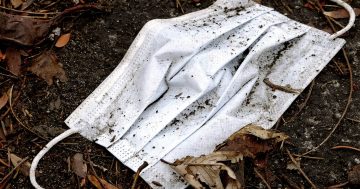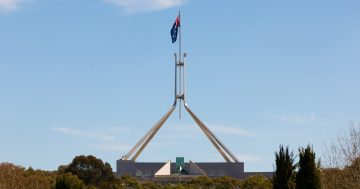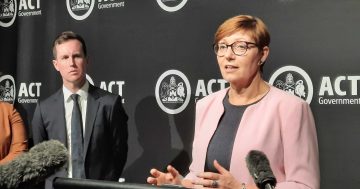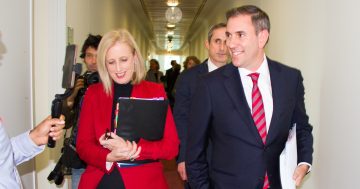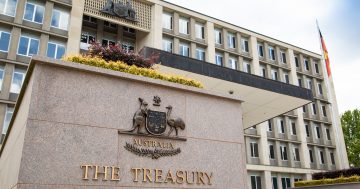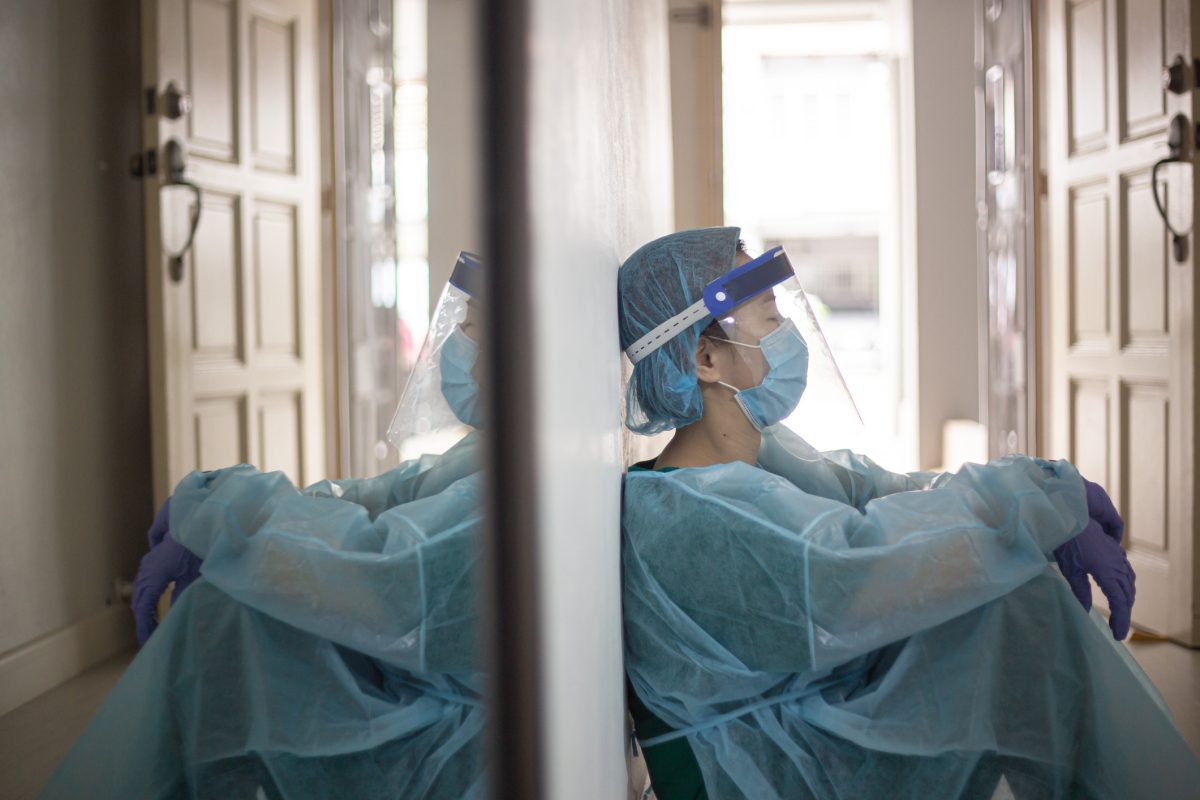
The government said it was taking a phased approach to the ACDC’s development so it grew sustainably, and would operate at locations around Australia until a permanent site was chosen. Photo: Kong Ding Chek.
The Public Health Association of Australia (PHAA) is disappointed in the Federal Government’s failure to fully fund the Australian Centre for Disease Control (ACDC) in the 2024 Budget.
During the 2022 election, Labor promised to provide Australia with an improved pandemic preparedness and response by establishing an ACDC.
An ”interim” ACDC received $90.9 million over two years in last year’s budget. However, the PHAA claims its future remains unclear, as the agency has been essentially non-existent to the public since beginning operations in January.
Adjunct Professor and PHAA CEO Terry Slevin said the absence of any budget line item for the ACDC suggested “pandemic amnesia four years after the lives of everyone in Australia was upended”.
“An ACDC must serve many functions, including leading the national effort to properly prepare for future pandemics, which infectious disease experts have repeatedly warned are likely to happen,” he said.
“We had hoped that this budget would contain clear resource allocation and timelines explaining how and when the Albanese Government would fulfil its election promise to establish and fund the ACDC. That hope has been dashed.”
Australia is the only OECD country without a centre for disease control, but there’s been a greater impetus for its creation following recent public health emergencies.
The Department of Health and Aged Care, which is in charge of the ACDC, noted the COVID-19 pandemic, Japanese encephalitis virus outbreak, emergence of monkeypox, and the 2019-2020 bushfires.
Environmental changes have increased the vulnerability to more diseases spreading from animals to people (zoonoses), which have been seen in the more frequent natural disasters occurring as a result of climate change. Yet Australia spends less than 2 per cent of its $1.3 billion health package on public and preventive health measures.
Professor Slevin said while the $600 million committed to ongoing COVID-19 vaccinations was vital, the budget failed to give certainty to the future of disease control in Australia.
“As we learned in 2020/21, unless we have a healthy population, we cannot have a healthy economy,” he said. “Investing a mere 5 per cent of health spending in prevention would make a real difference to the health of people in Australia both now and over the long term.
“This budget kicks the election commitment to establish a real ACDC down the road again. It builds enormous expectations for the pre-election MYEFO – assuming there is one.
“If not, we fear this vitally important 2022 election commitment to the health of future generations of people in Australia may fail to materialise.”
Outside of the ACDC, Professor Slevin welcomed several other public health measures.
“We welcome $43.9 million to tackle HIV/AIDS, and $126 million for expanded testing, treatment and prevention, including extending access to point-of-care testing for First Nations people and rural and remote communities,” he said.
“The $71 million for cancer prevention, screening and treatment programs will save lives and improve people’s health. We continue to support the government’s strong leadership on tobacco and vaping.
“One vital social determinant of health is housing, and we are pleased to see significant money toward housing.”
However, Professor Slevin said more of the $500 million allocated to sport should be dedicated to community programs ($130 million) for a physically active nation.
“Some $300 million is for the Australian Institute for Sport and elite drug testing,” he said. “People may love the AIS and support clean Olympians – but that is not about preventive health.”


